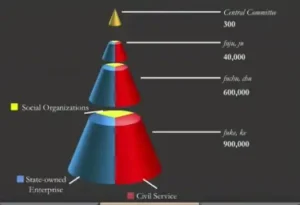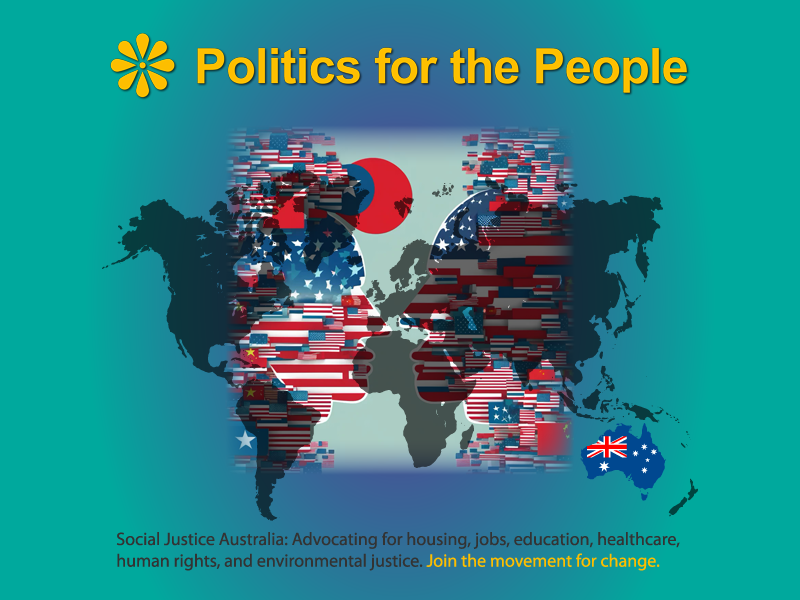Description: US vs China
Explore the contrasting political systems of the US vs China, focusing on party affiliation and policy adaptation. Understand their unique approaches.
Introduction: Diverse Political Landscapes of US vs China
The political systems of the United States and China serve as prime examples of how different countries can structure their governance based on distinct principles and priorities. While the US emphasizes individual choice and party diversity, China focuses on centralized control and policy uniformity. This article explores these differences in depth, providing a clearer understanding of how each system works and adapts to changing global and domestic landscapes.
The US Political System: Freedom and Stability
Party Affiliation and Freedom of Choice
The United States champions a democratic framework where the freedom to choose and change one’s political party is a fundamental right. This flexibility is a hallmark of American political culture, reflecting a system that values individual preferences and the dynamic nature of political beliefs.
The two-party system, dominated by the Democratic and Republican parties, allows for a broad, albeit polarized, representation of political ideologies. However, this system also presents challenges, such as the marginalization of third-party candidates and the perpetuation of a political duopoly that can stifle broader ideological diversity.
Policy Consistency Amidst Partisan Changes
Despite the clear fluidity in party affiliation, the actual policies enacted by each party tend to show remarkable consistency over time.
For instance, regardless of rhetoric or campaign promises, Democrats are known for their support of social welfare programs, healthcare reform, and environmental protections, while Republicans typically champion conservative economic policies, tax cuts, and strong national defence measures.
This stability suggests a mature political landscape where changes in party control do not usually lead to radical shifts in policy, supporting a continuity that businesses and international allies can rely on.
China’s Single-Party System: Centralized and Adaptive
No Party Affiliation Changes Allowed

In stark contrast to the US, China runs under a strict single-party system, where the Communist Party of China (CPC) exerts complete control over political discourse and decision-making. The absence of an official opposition or the ability for citizens to change party affiliation underscores a political philosophy that prioritizes unity and long-term planning over individual political expression.
This system is designed to end the kind of political fragmentation that can arise in multiparty democracies, aiming instead for a harmonious society as envisioned by CPC ideologies.
Significant Policy Adaptations
China’s political system, while rigid in terms of party affiliation, is highly adaptive when it comes to policymaking. The country has proven a remarkable ability to shift its policies in response to economic, environmental, and social challenges.
From the economic liberalization initiatives started by Deng Xiaoping, which transformed China into a global economic powerhouse, to more recent efforts to combat pollution and increase renewable energy investments, the CPC has shown flexibility in modifying its strategies to address the needs of its people and the demands of the global community.
This ability for significant policy shifts is a strength of the single-party system, allowing for swift and coordinated government action.
Comparative Analysis: Party Loyalty vs. Policy Change
This comparative analysis reveals fundamental differences in how the US and China prioritize aspects of governance. The US system promotes political freedom and stability through its two-party system, encouraging lively debate and gradual policy evolution.
In contrast, China’s single-party system emphasizes rapid policy adaptation and centralized decision-making, foregoing the complexities of party competition for what it perceives as efficiency and unity.
Conclusion: Looking to the Future
The political systems of the US and China illustrate two distinct approaches to governance, each with its own advantages and challenges. As the world continues to evolve, the effectiveness of these systems in responding to future crises and opportunities will play a critical role in defining their success and the well-being of their citizens.
Engage in the Discussion
- Which system offers better long-term stability?
- How do different political systems affect global diplomacy?
Call to Action
What are your thoughts on the flexibility of the US political system versus the adaptability of China’s policies? Share your views in the comments or join our discussion forum.
References:
Comparison of election systems between China and the US: https://www.globaltimes.cn/page/202112/1240634.shtml
Economic and Political Differences: China vs. United States: https://proessays.net/essays/economic-and-political-differences-china-vs-united-states
Government Stats: compare key data on China and United States: https://www.nationmaster.com/country-info/compare/China/United-States/Government

